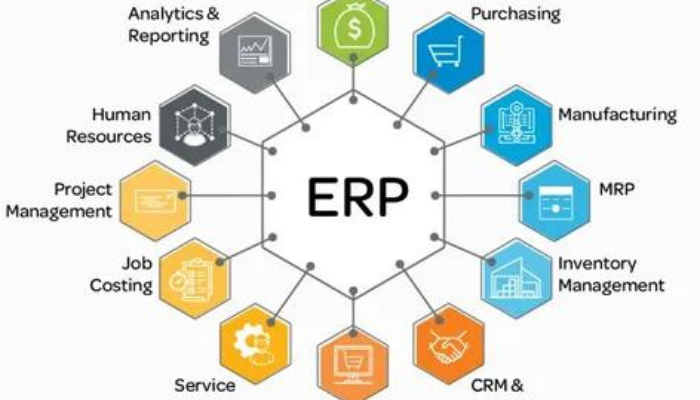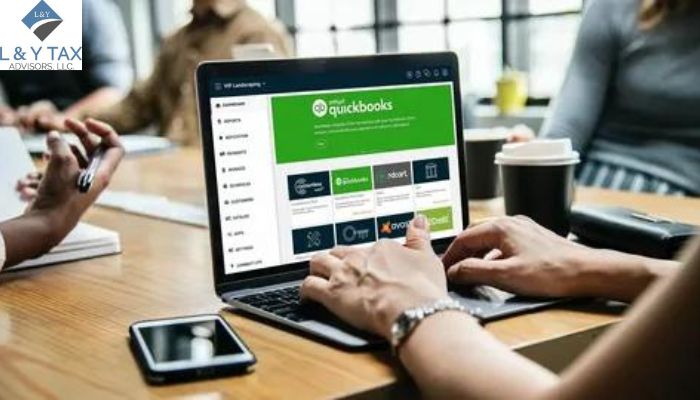
Is QuickBooks an ERP System?
ERP is a software system that helps you operate your whole organization by automating and streamlining activities in finance, human resources, manufacturing, supply chain, services, and procurement, among other areas. QuickBooks is frequently discussed in the context of company management tools, causing many to ask, ‘Is QuickBooks an ERP system?’.
ERP systems are well-known for their comprehensiveness since they integrate multiple corporate processes into a consolidated platform. While QuickBooks excels in some areas, its scope is notably different from that of a standard ERP system.
QuickBooks: A Financial Management Software
Before discussing ‘Is QuickBooks an ERP system?’, our Dallas tax services necessitate explaining the difference between these two.
QuickBooks was created primarily as accounting software, and it excels in managing financial chores, such as invoicing, bookkeeping, payroll, and spending monitoring. It provides a user-friendly interface for small and medium-sized firms to work their financial operations properly. Its emphasis on financial concerns sets it apart from the broader features of an ERP system.
ERP Systems: Comprehensive Business Management
An ERP system functions as a centralized hub that combines and handles several aspects of a business, such as finance, supply chain, human resources, manufacturing, etc. It promotes cross-departmental communication and data flow, allowing real-time insights and aiding in decision-making.
Is QuickBooks an ERP System?
QuickBooks is not an ERP system. Small and medium-sized enterprises mainly use accounting software to manage their financial operations. QuickBooks may be used to drive sales and income, administer payroll, and prepare for tax season.
Functionality Scope
QuickBooks primarily focuses on financial administration, but an ERP system incorporates a broader range of company tasks.
Integration Capabilities
Unlike QuickBooks, ERP systems connect diverse departments, guaranteeing data synchronization and a holistic picture of operations.
Scalability
ERP systems are designed to meet the complicated demands of large corporations, providing scalability and flexibility that outperforms QuickBooks, which is primarily designed for smaller firms.
Complementary Functions
While QuickBooks is not a full-fledged ERP system, it may supplement ERP functionality in some situations. QuickBooks is frequently better suited for the urgent financial demands of small or developing firms that do not require the complex functionality of an ERP system. However, as a company grows and its operational complexity develops, transitioning to an ERP system becomes more realistic to manage the increasing demands efficiently.
Conclusion
Summarizing ‘Is QuickBooks an ERP system?’, it is concluded that QuickBooks is a powerful financial management application that excels at managing accounting responsibilities for small and medium-sized businesses. However, it does not qualify as an ERP system because of its tighter focus on financial elements rather than delivering the entire, integrated features that ERP systems provide. Our Tax accountant The Woodlands helps laypeople to understand the difference between the two, which is critical for your organizations to select the proper solution that fits your present needs and future development plans.

